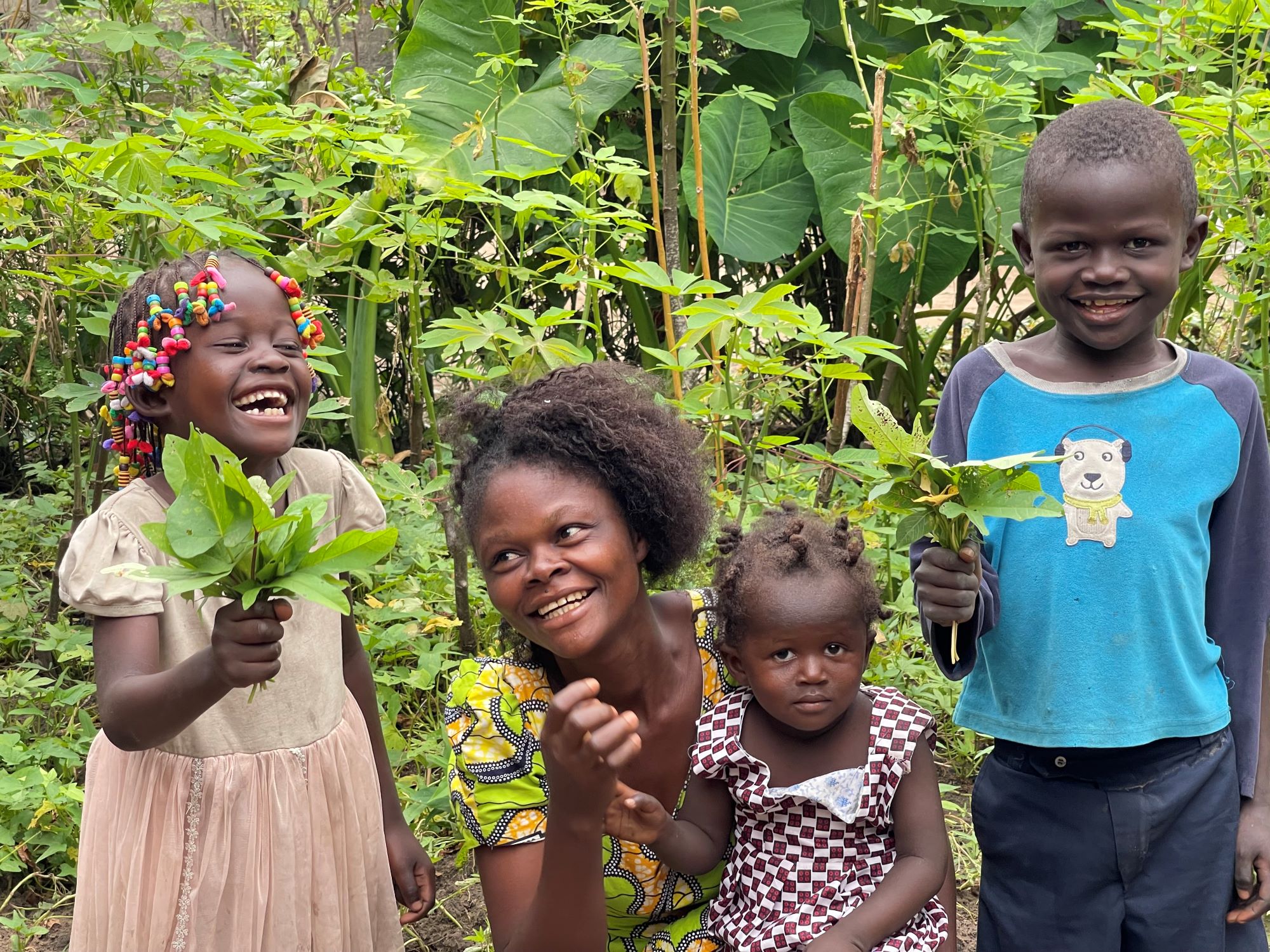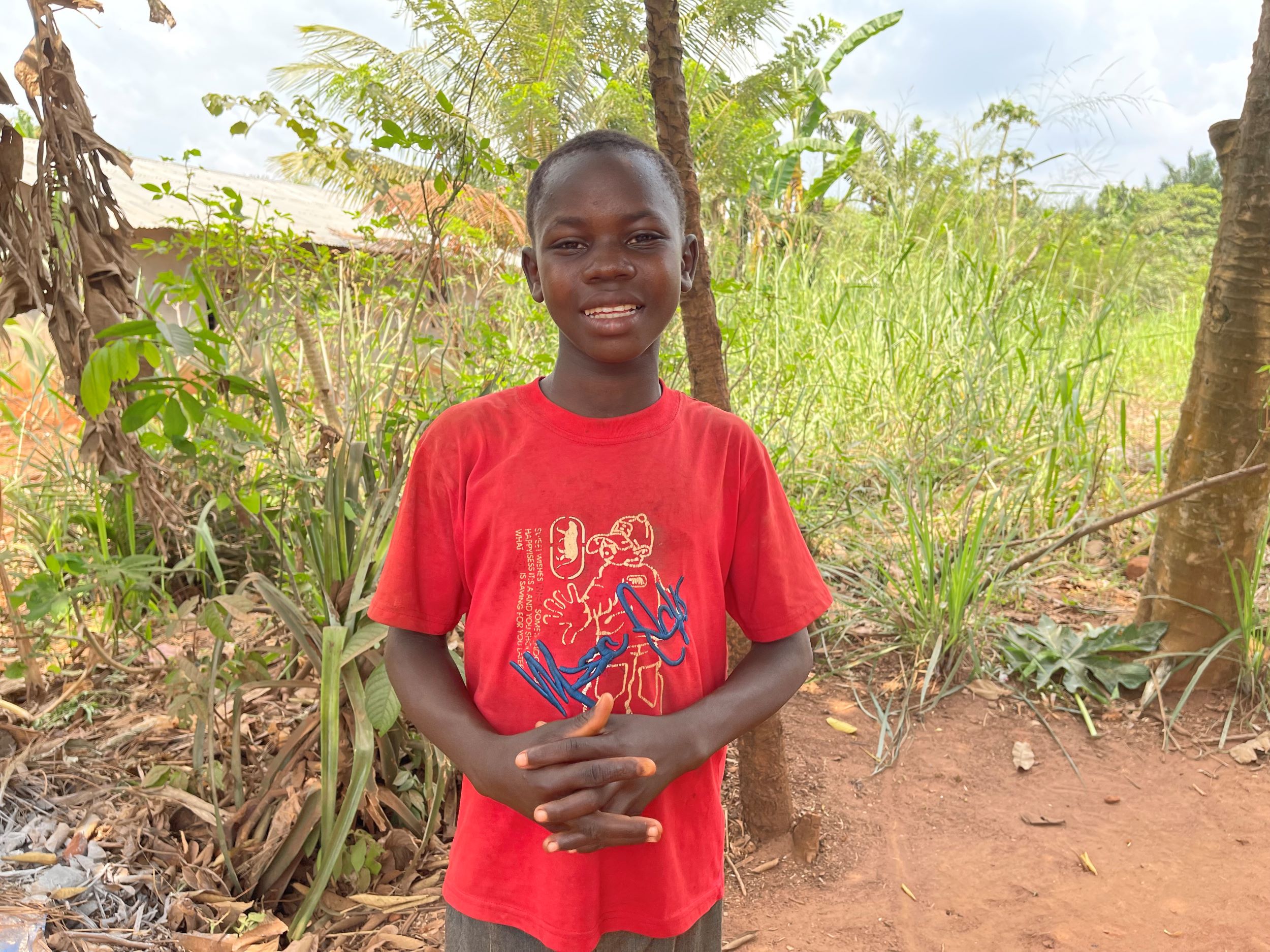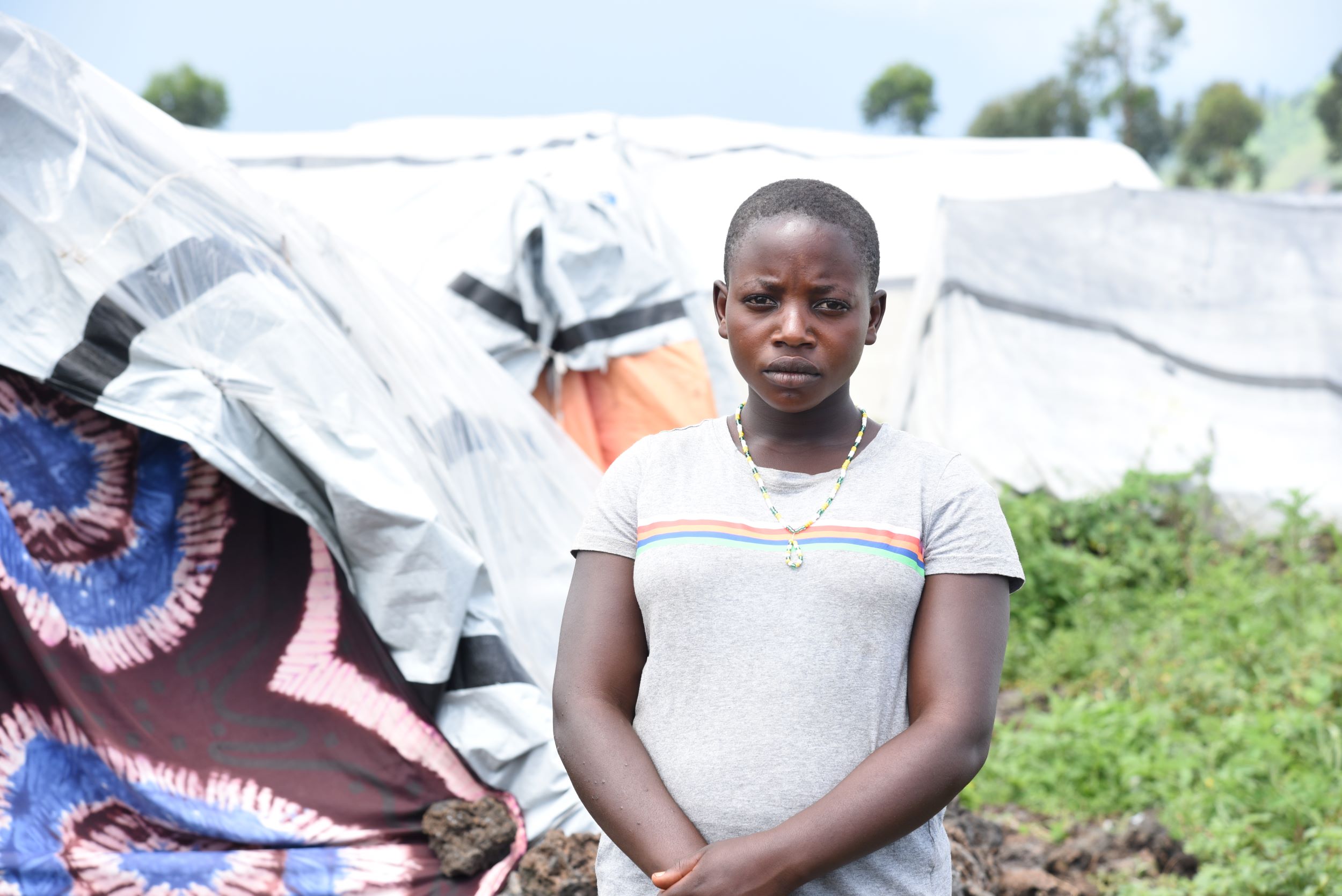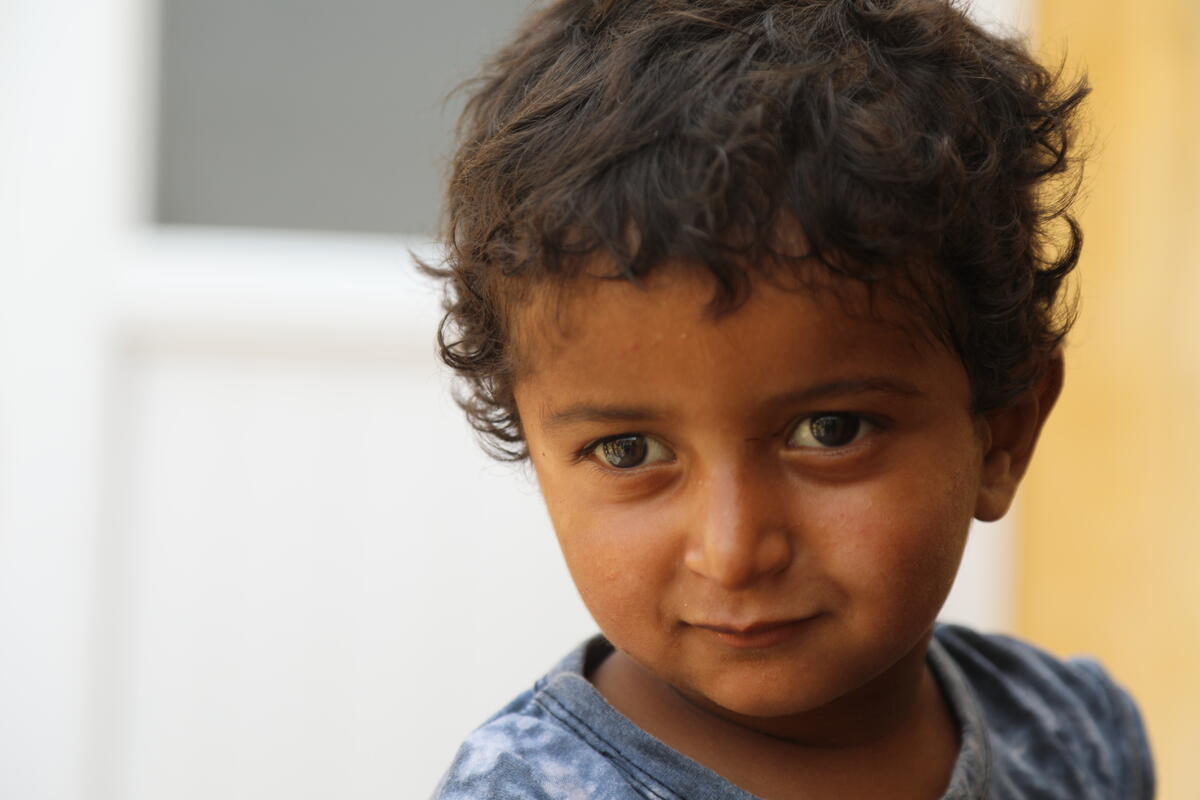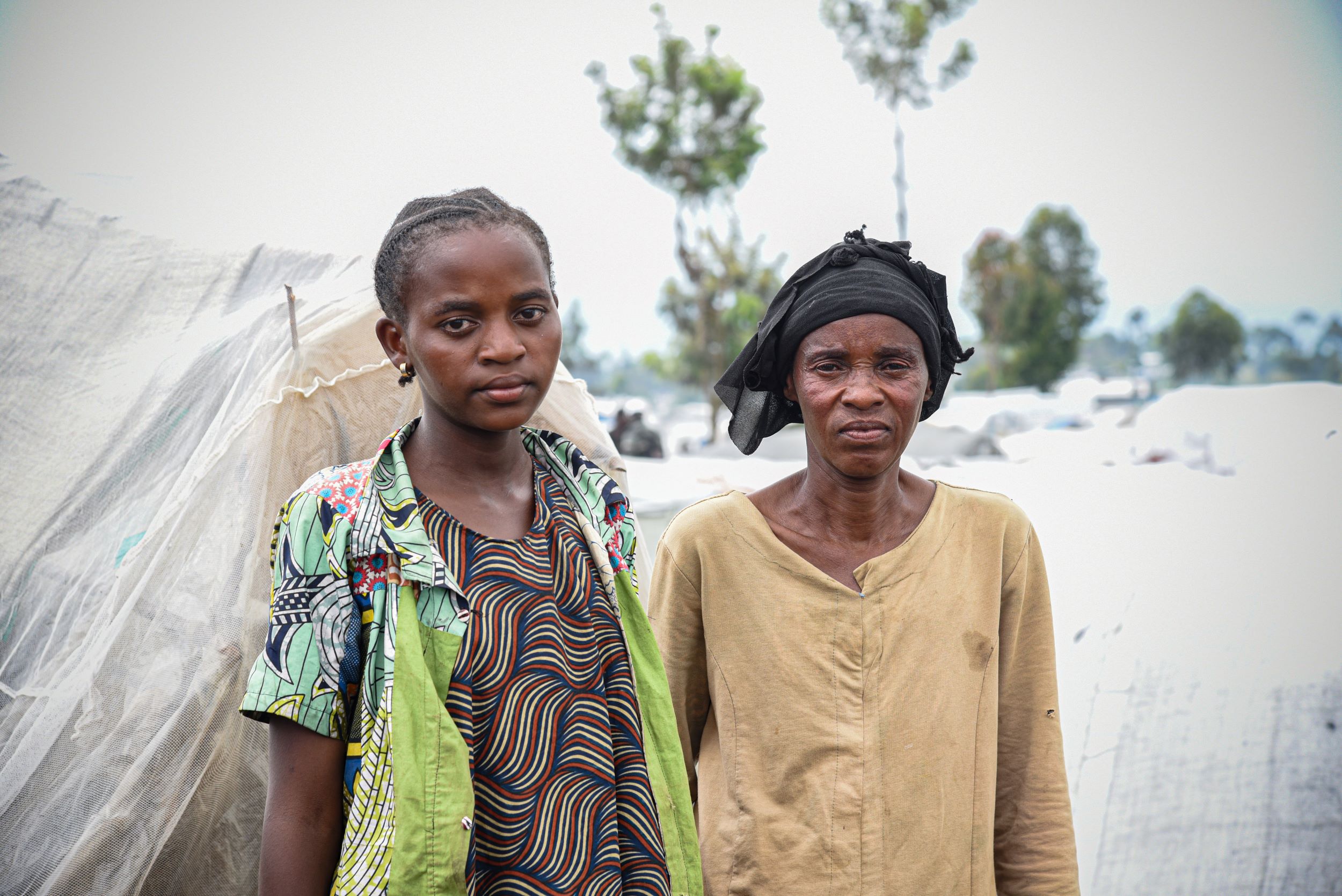
Conflict and hunger in the DRC
Lives are being destroyed as children face hunger during conflict.
Did you know that wherever there’s armed conflict, hunger thrives?
Conflict and climate change mean more and more people, including millions of children, are being driven to the edge of starvation. The world is witnessing the biggest global hunger crisis in decades.
“Conflict is destroying the lives of millions of children globally,” says Dana Buzudcea, World Vision Lead for Advocacy and External Engagement. “Many cannot access basic services such as health and education, and millions are hungry because too many times violence and conflict are chosen over peace. Often when the media lens leaves a conflict zone, families are left to survive with little or no means of feeding their children. It is a silent crisis that is left behind."
How does conflict cause hunger?
Conflict affects food security by disrupting the production of food and limiting people's ability to access nutritious food.
During times of conflict, families are often forced to flee their home seeking safety. Displaced populations may find it difficult to access enough food and livelihood opportunities, leading to food insecurity and malnutrition.
As a Christian charity, World Vision has been working in some of the hardest places to protect communities and address the root causes of conflict.
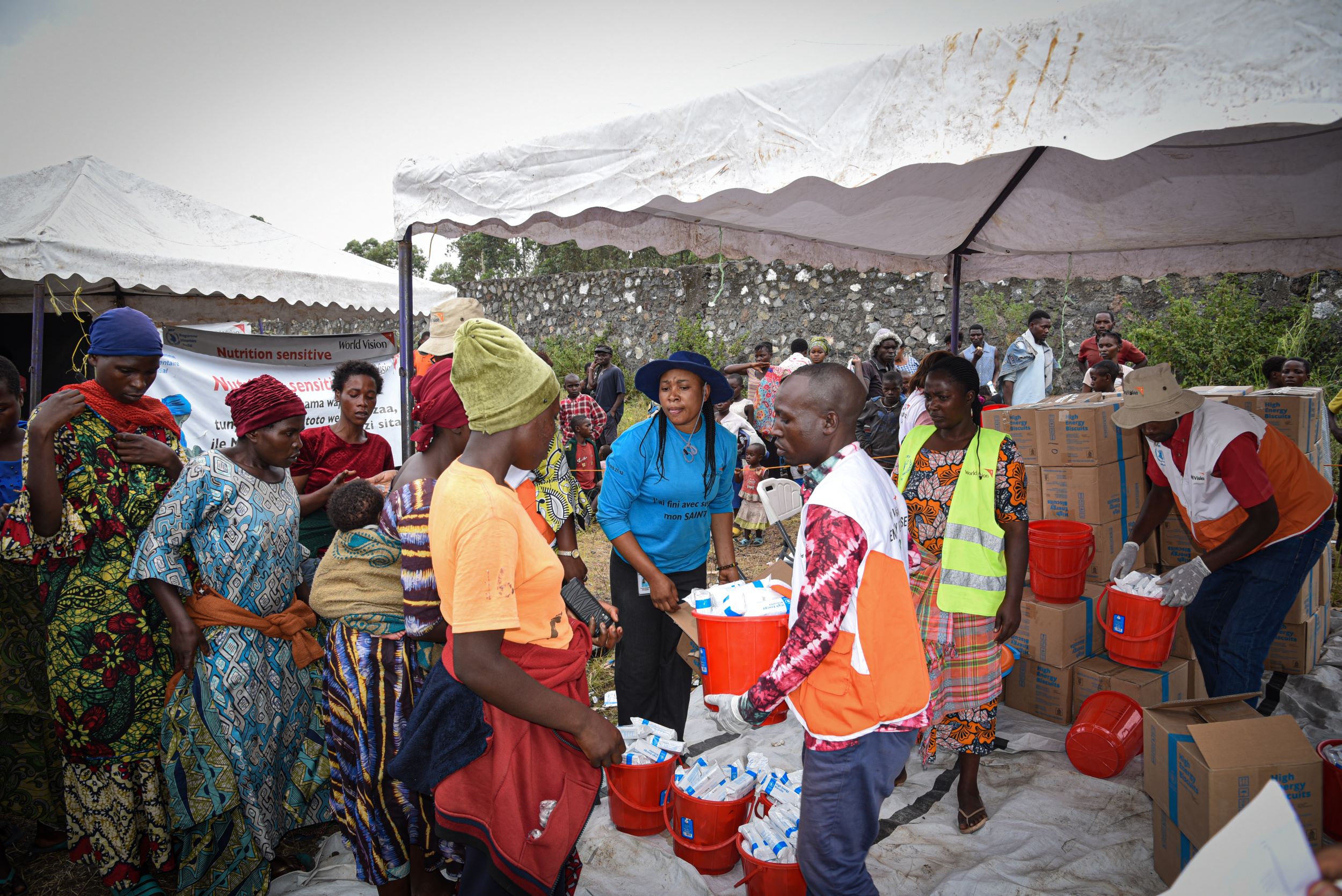
Responding to conflict in the DRC
When a crisis like conflict unfolds, our existing presence often means we’re first to respond. And our community-focused approach ensures that we stay long afterwards, helping communities recover.
The Democratic Republic of Congo (DRC) is one of these places. Decades of war and fighting have left their mark, but a more recent surge in violence has led to substantial loss of life and extensive internal displacement.
Today, in the DRC, more than 6 million people have been forced from their homes, mostly due to conflict. This is the highest number of internally displaced people in Africa.
“Families that have fled are in a desperate state,” says Aline Napon, World Vision’s National Director to the Democratic Republic of Congo. “They lack food to eat, clean water to drink, [have] almost no change of clothes, and are crammed in classrooms and churches with limited access to toilets. In this situation, the children are extremely vulnerable to hunger, ill health, sexual violence and getting lost.”
World Vision is currently responding to multiple crises in DRC, providing displaced people with food, cash vouchers, protection, psychosocial support, water and sanitation.
The camps are crowded, making these communities susceptible to outbreaks of cholera and dysentery. Meanwhile, children are missing out on meals, education and medical care, putting their futures at risk.
READ MORE: How hunger impacts children in the DRC
Ornella’s biggest fear
“My biggest fear is when we have nothing to eat at home,” says Ornella, 14, in DRC.
Ornella once lived at the heart of a thriving community. Now she finds herself trapped in a conflict she had nothing to do with. Her dreams of being a nurse are drifting further and further away as she and her mum navigate their new life in a camp for displaced people.
When the world came crashing down
Before the recent wave of conflict and violence, Ornella’s mum, Furaha, worked in the fields near their home, harvesting crops to eat and sell. Meanwhile, Ornella was immersed in her studies, enjoying the new challenges of sixth grade.
Then, the world as they knew it came crashing down.
Ornella and her older sisters were sitting at the dinner table when the sound of gunfire broke out. As those sounds grew louder, Furaha knew they needed to run. What she didn’t know was that it would be the last meal they’d have together as a family.
"For two days we ate nothing"
They all fled to the forest, where Ornella and her mum became separated from her sisters. Taking refuge in the dense forest, they hid for two agonising days, unable to eat and petrified to leave.
Finally, they heard that others in their community were headed to safety. This gave them a small ray of hope but didn’t bring an end to their trauma.
When they got to their destination, there were thousands of people gathered in one place with little to no food. At this point they were safe from the fighting, but not from hunger, which became a constant threat.
“For two days we ate nothing,” Ornella says, “then Mum decided to go and wash people's clothes in exchange for food.”
Ornella’s biggest fear was not being killed by rebels but dying of hunger.
“Sleeping without food makes me wonder if we're going to die in our sleep,” she says. She still doesn’t know where her sisters are – how they’re doing, if they’re even alive.
“I have a lot of remorse when I don't have enough to feed my daughter,” says Furaha, “When I was at home, I grew beans and vegetables and fed my family well. But now, with my daughter Ornella, we sometimes go two days without eating and that hurts my heart.”
Ornella and Furaha are now receiving food aid from World Vision. “I'm very grateful to World Vision for the food they bring us and for other assistance such as water and so on,” says Ornella.
Despite it all, she continues to dream of becoming a nurse, and she prays that the conflict will end so she can return to school.
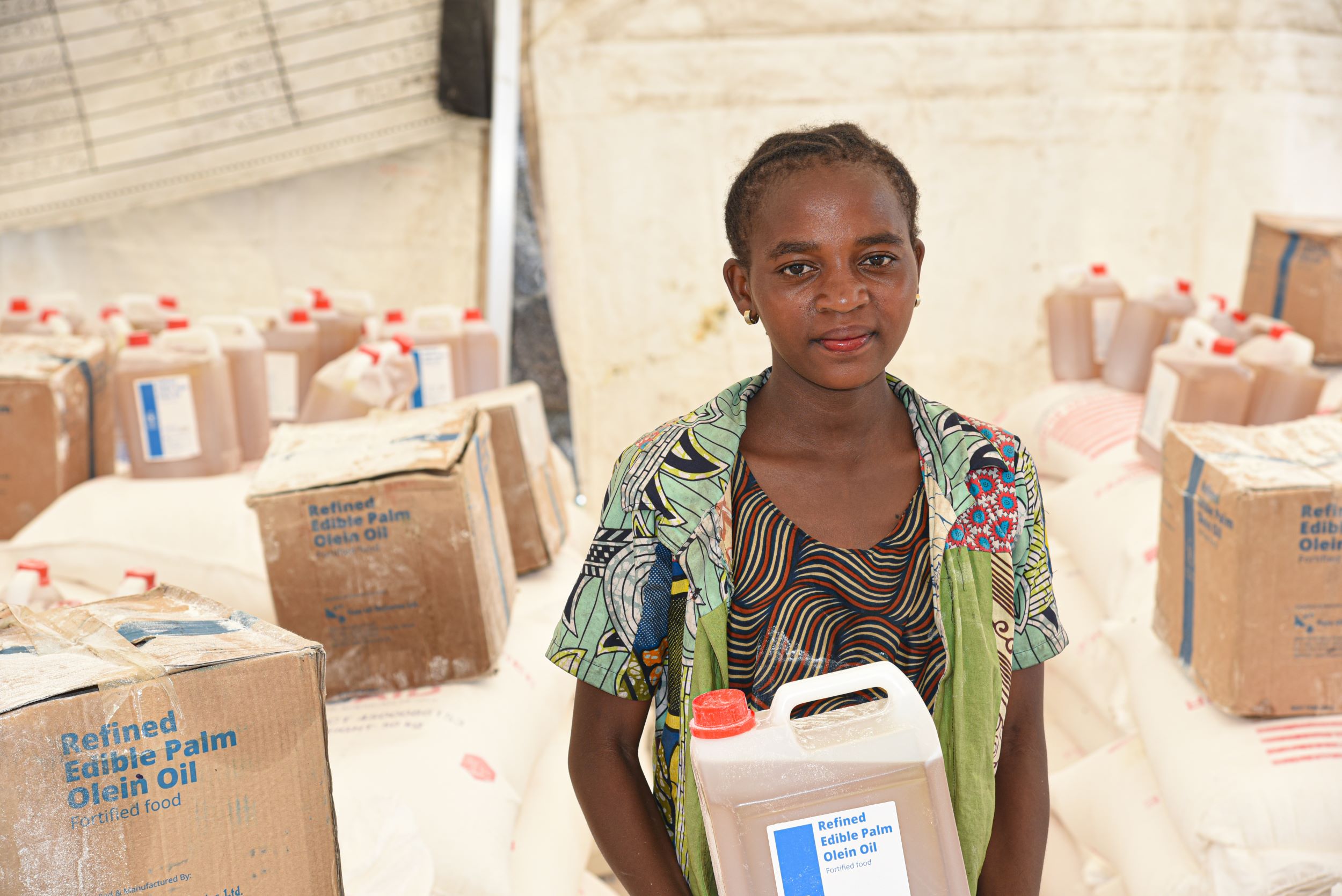
Supporting children and families in DRC
Within two weeks of this latest surge of violence, World Vision was able to begin providing vital food supplies, which became a lifeline for children like Ornella.
In partnership with the World Food Programme, we have supported more than 600,000 people who have been forced from home in DRC, with cash and food assistance. Over 9,800 tonnes of food have been distributed to people escaping the violence, while psychosocial support and child protection have also been made available.
World Vision has been helping children and families in the Democratic Republic of Congo for forty years and we’ll continue to do so for as long as we’re needed.
Our work is vital at a time when the World Food Programme projects over 23 million people in DRC will be acutely food insecure while 2.3 million children are acutely malnourished – their lives under threat.
Enough for everyone
No child should go hungry or become malnourished. Yet millions of children are.
Globally, there’s enough nutritious food for everyone. Which is what our ENOUGH campaign seeks to highlight. It is an injustice that people – so many of them children – are being pushed to the brink of starvation.
World Vision is already positioned to help children in some of the world’s hardest places. You could join with us today, your donation making greater change and a long-lasting difference in their lives.
Together we can ensure that more children have enough food today for a brighter tomorrow.

